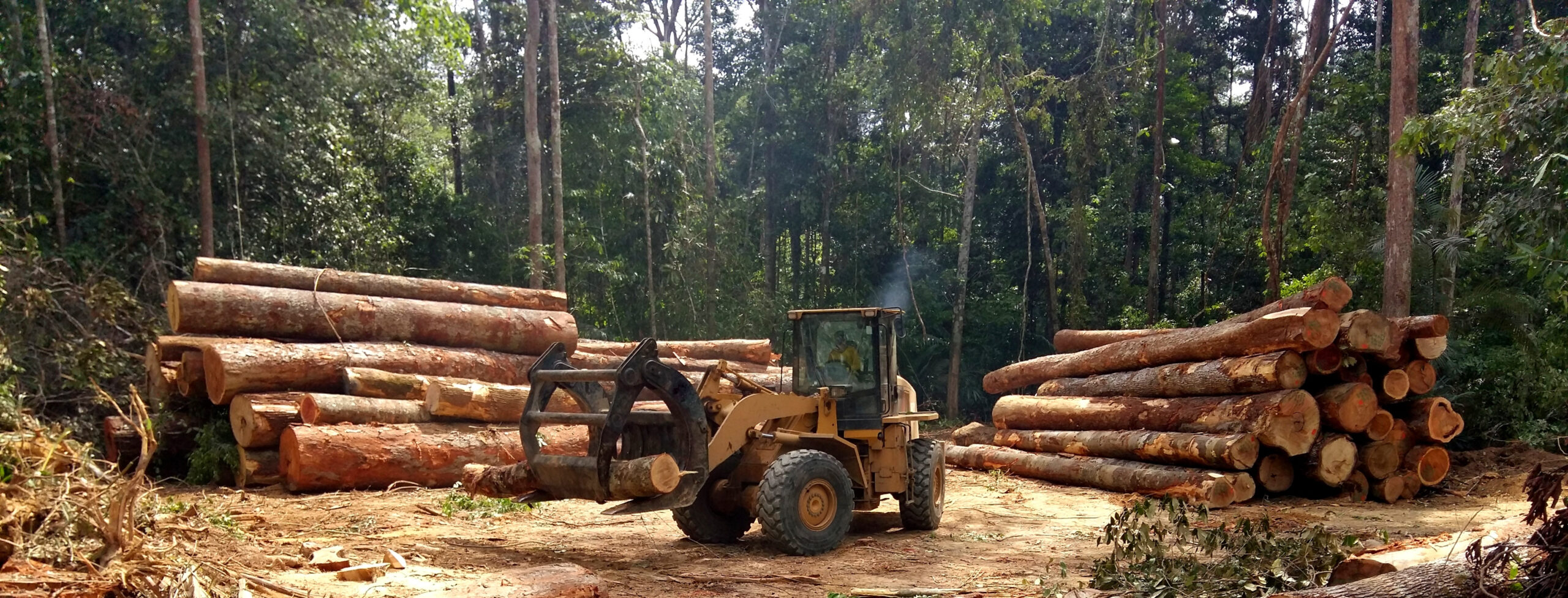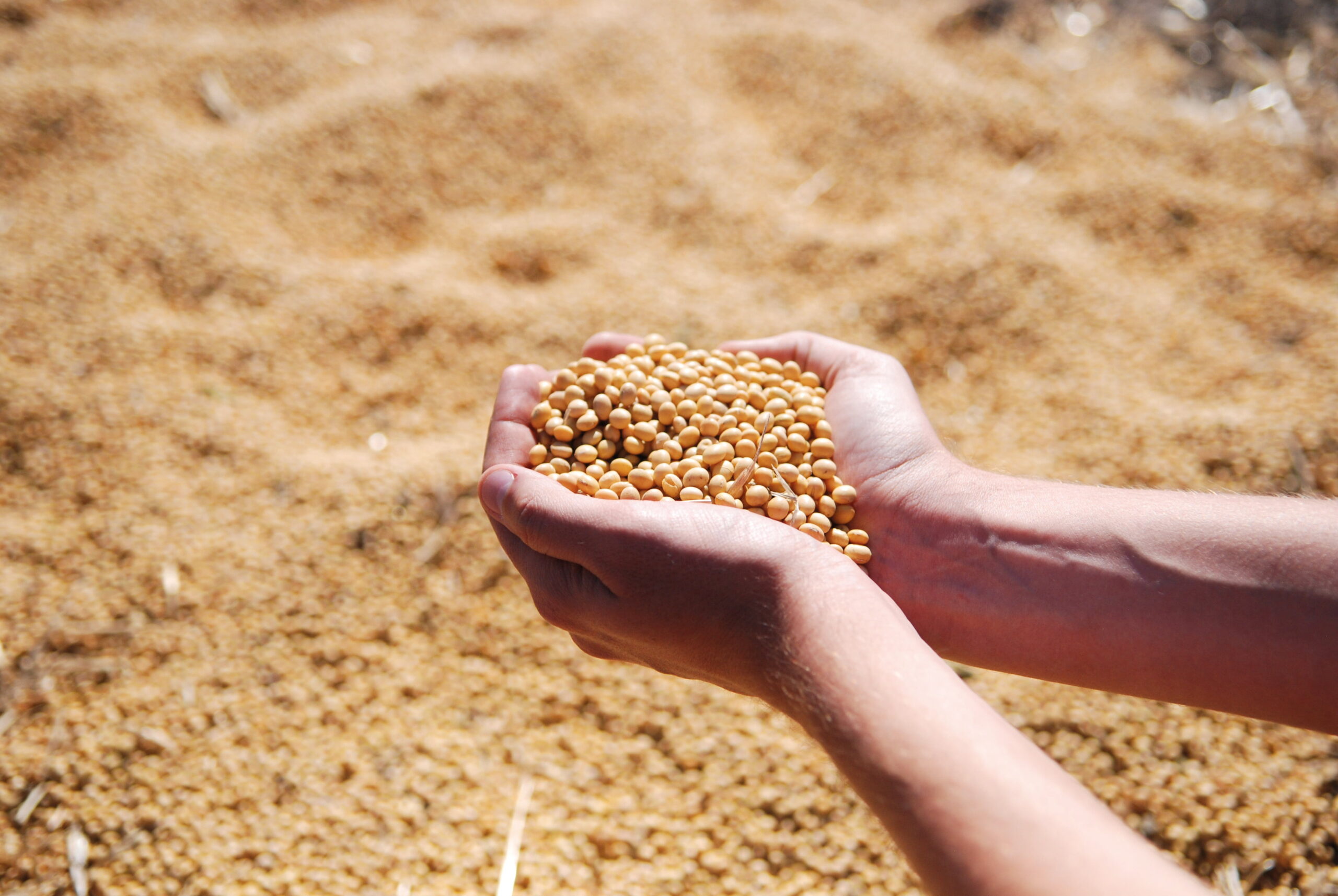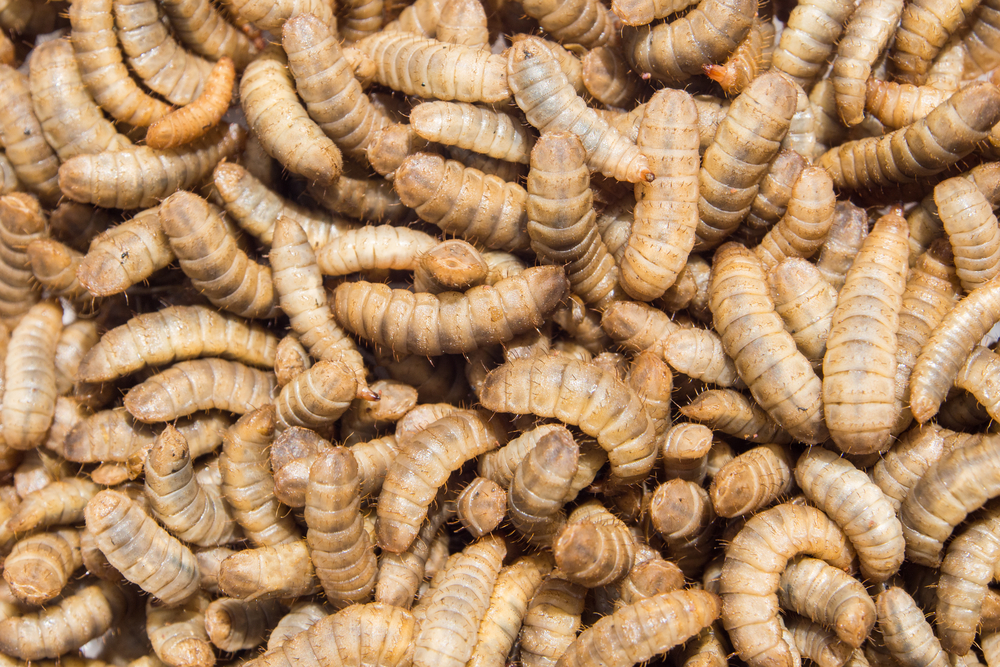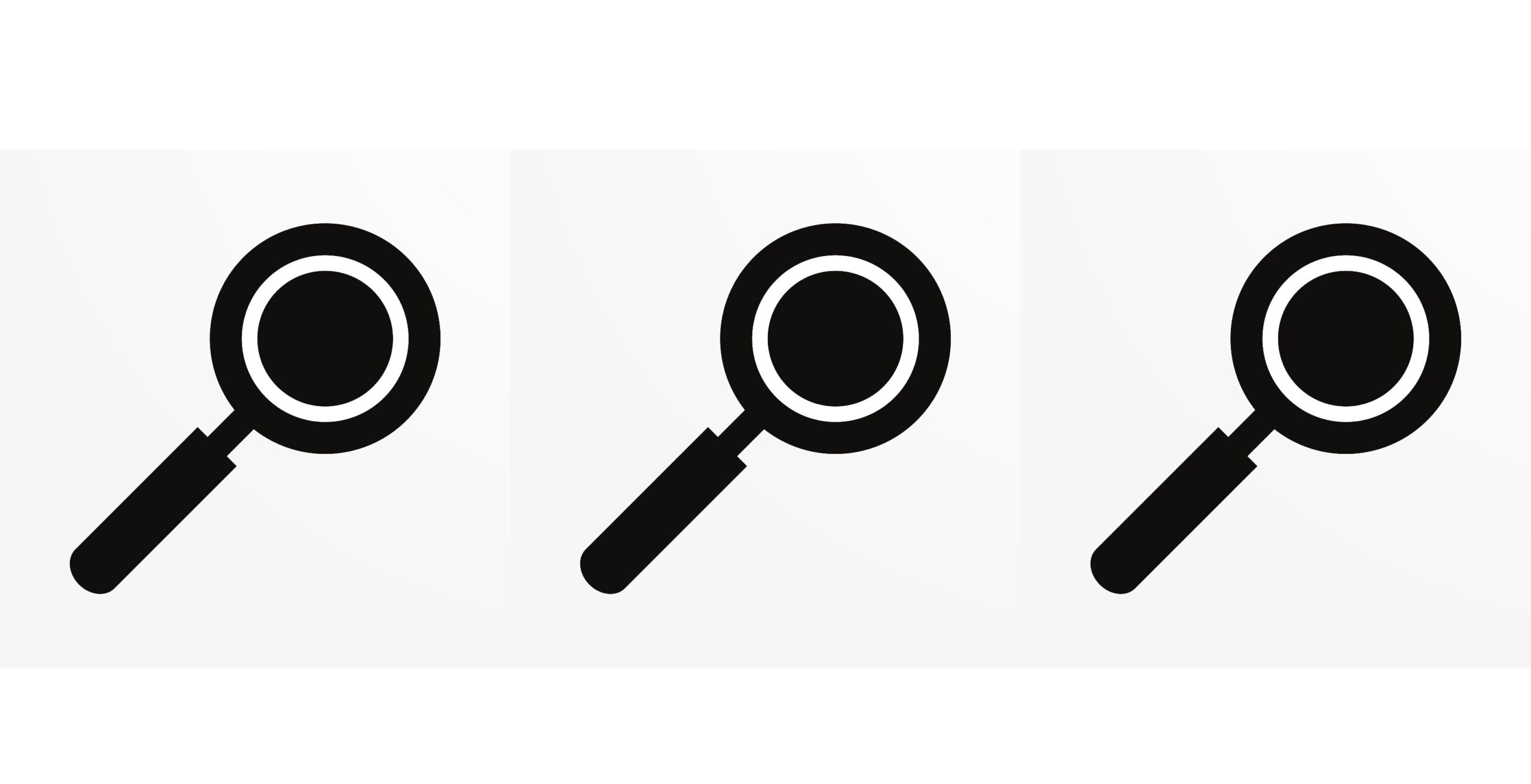The fact check that Resource published last Friday on the link between deforestation and imports of livestock feed into the Netherlands contains errors, as several readers and the Worldwide Fund for Nature (WWF) testified by email and tweet. The main issue is the claim by livestock feed sector organization Nevedi that all imported soya for livestock feed meets strict sustainability criteria. That turns out to be incorrect.
The fact check was about a report by the WWF that named the Netherlands as one of the EU economies driving deforestation, to the tune of nearly 30,000 hectares of rainforest. In response, I claimed that the Netherlands imports only sustainable soya for its own use, and that the production of such soya causes no deforestation. That turns out to be incorrect: about 60 per cent of the soya used for livestock feed in the Netherlands meets the sustainability criteria of the Round Table on Responsible Soy (RTRS). The other 40 per cent meets the livestock feed industry’s own – less stringent – FEFAC guidelines. The WWF helped set up the RTRS but does not consider FEFAC far-reaching enough. FEFAC does not exclude legal deforestation, which happens a lot in countries such as Brazil. The RTRS soya goes to Dutch dairy farmers and the Dutch pig and poultry farmers who sell their meat in the Netherlands, while the FEFAC soya goes to pig and poultry farmers who export meat.
Certificates
That, at least, is how it works on paper. The RTRS certificate is a declaration by a Brazilian soya farmer that he produces his soya sustainably. Dutch livestock farms buy that certificate in a separate transaction from the purchase of the soya. When a cargo of soya arrives in Rotterdam harbour, it might have come from anywhere, including from a recently deforested area.
It is based on these points that the WWF claims that the Netherlands imports deforestation. The great thing about the certificates is that they reward responsible soya production in Brazil, but you cannot use them as the basis for any direct relation between our soya consumption and deforestation.
Link
The second error was my attribution of WWF’s 30,000 hectares entirely to soya, whereas other products such as palm oil, coffee and meat are involved as well. Even the 40 per cent drop in deforestation for EU imports between 2005 and 2017 is not due exclusively to soya, but to all products. This would make deforestation for Dutch soya consumption in the region of 10,000 hectares. But in view of the above-mentioned facts, this too is an accounting figure, just like the Nevedi claim. The link between deforestation and soya imports is highly complex. But it cannot be said that Dutch livestock farmers cause 0 hectares of deforestation.
WWF wants to see all the soya shipped to the EU meeting strict sustainability criteria – preferably based on an actual link between source and buyer, rather than an accounting one. If this goes ahead, the Dutch livestock feed industry will have to prove that all its feed really is sourced from sustainable Brazilian soya farmers. And will that solve the problem of deforestation? It will help a bit, but that is another complex story.

 Foto Shutterstock
Foto Shutterstock 

